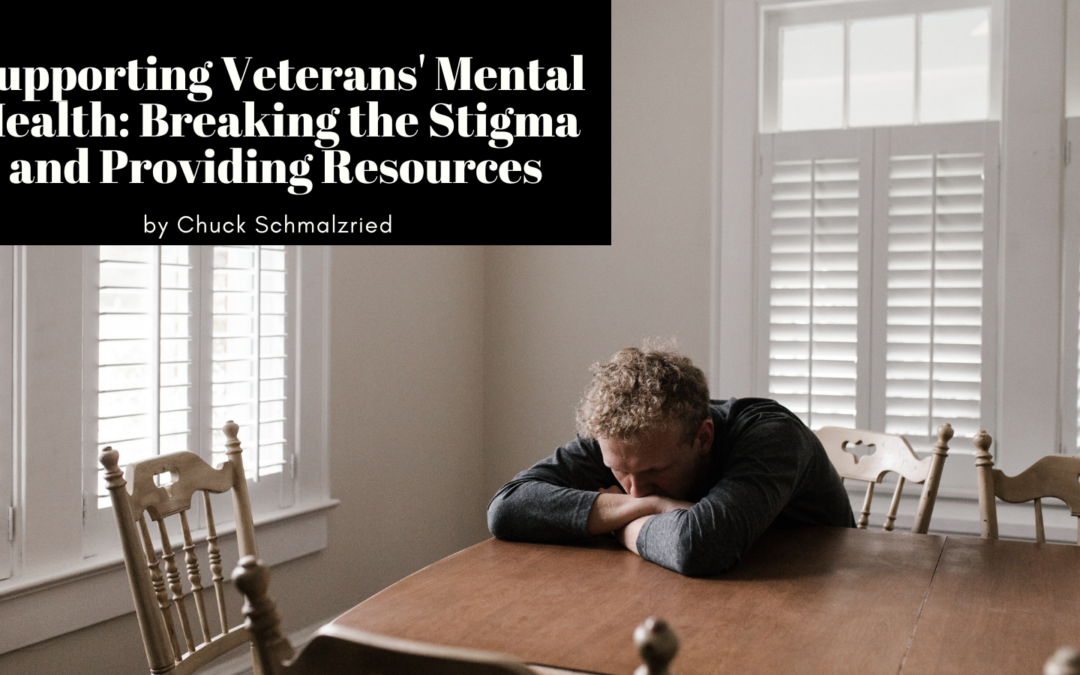Veterans are the brave men and women who have sacrificed their time, energy, and, in some cases, their mental well-being to serve our country. However, when they return to civilian life, many veterans face a new battle that is often hidden from view but just as real and challenging as their time on the battlefield. This battle is the struggle with mental health issues. Here is the importance of breaking the stigma surrounding veterans’ mental health and highlighting some essential resources available to support them.
Breaking the Stigma
Society often perpetuates the misconception that seeking mental health support is a sign of weakness. Veterans trained to be strong and resilient may hesitate to admit they need assistance.
Breaking this stigma is crucial for several reasons. First and foremost, it allows veterans to seek help without fear of judgment. It also promotes open conversations about mental health, making it easier for veterans to discuss their experiences and struggles with loved ones. Additionally, reducing stigma encourages veterans to access the available resources, leading to better mental health outcomes.
Providing Resources
Thankfully, there are numerous resources available to support veterans’ mental health. These resources address various mental health issues, from post-traumatic stress disorder (PTSD) to depression and anxiety. Here are some essential resources:
- Department of Veterans Affairs: The VA presents various mental health services. Veterans can access these services through VA medical centers or community-based outpatient clinics.
- Veterans Crisis Line: For immediate help, veterans can call the Veterans Crisis Line at 1-800-273-8255 and press 1. This 24/7 hotline provides confidential support to veterans in crisis.
- Wounded Warrior Project: This organization offers a variety of programs and services to veterans dealing with mental health challenges. They provide mental health workshops, peer support, and resources for veterans and their families.
- Give an Hour: This nonprofit organization connects veterans with mental health professionals who provide free counseling services. It’s a valuable resource for veterans who may not have access to mental health care.
- Community-Based Support: Many local organizations and support groups exist to help veterans. These groups provide a feeling of community and understanding that is incredibly beneficial.
Supporting veterans’ mental health is a moral imperative. These brave men and women have sacrificed so much for our country, and we must ensure they receive the support they need to thrive in civilian life. Breaking the stigma encompassing mental health and providing access to vital resources are crucial steps toward achieving this goal.
As a society, we must continue to foster an environment where veterans feel comfortable seeking help for their mental health challenges. By doing so, we can honor their service and ensure that they have the opportunity to live healthy, fulfilling lives after their time in the military. Together, we can break down the barriers to mental health care and provide veterans with the support they deserve.
